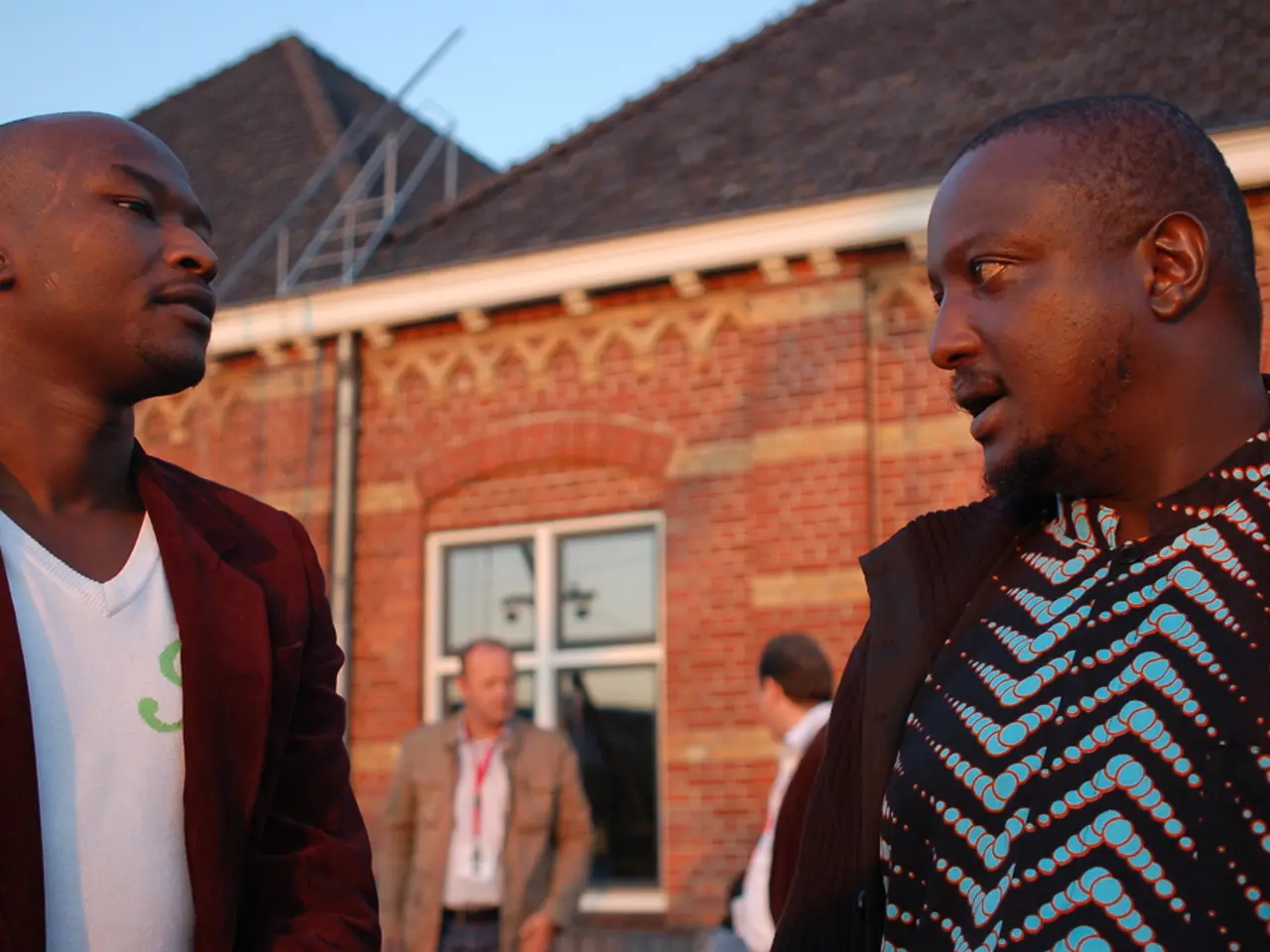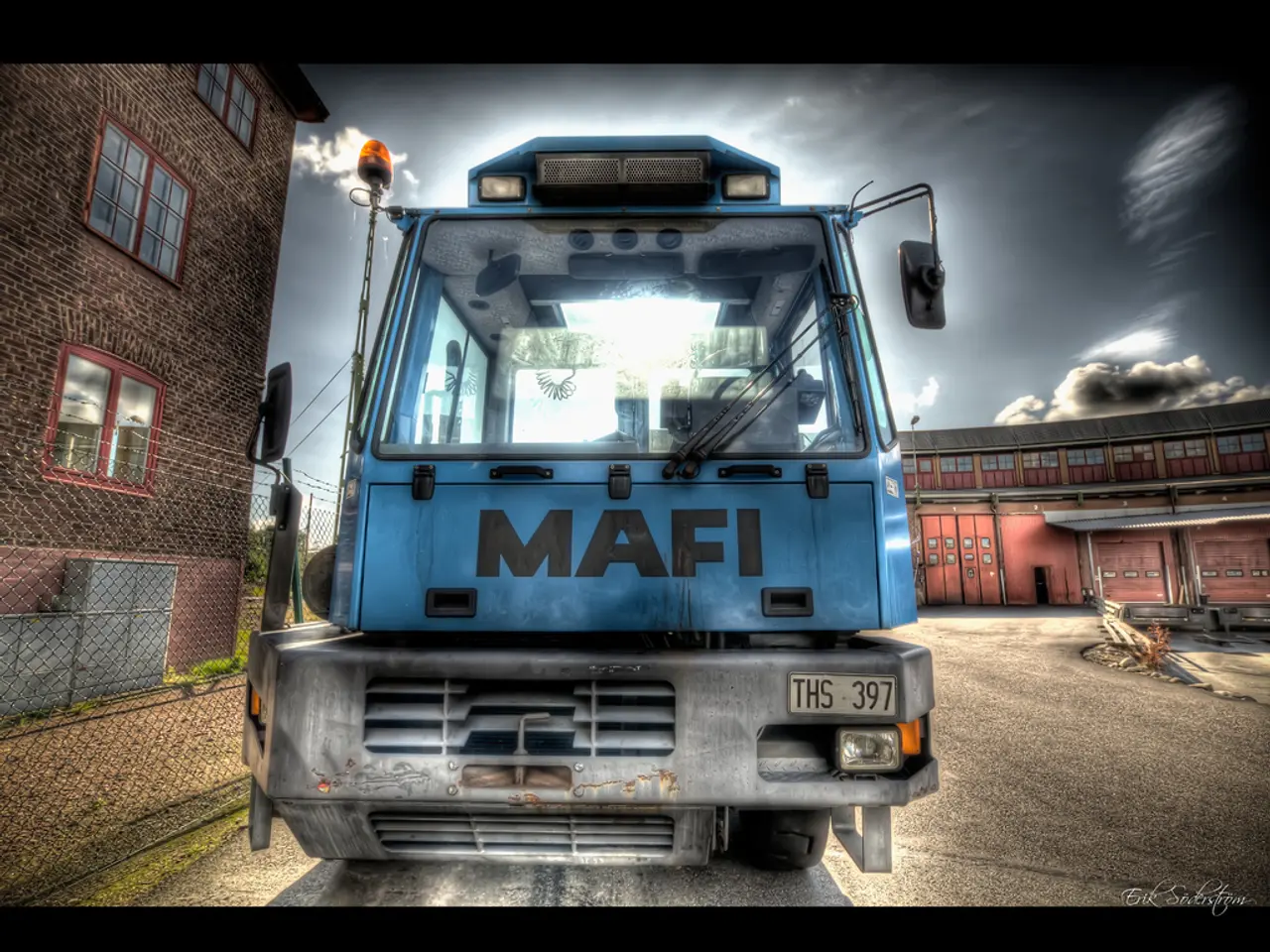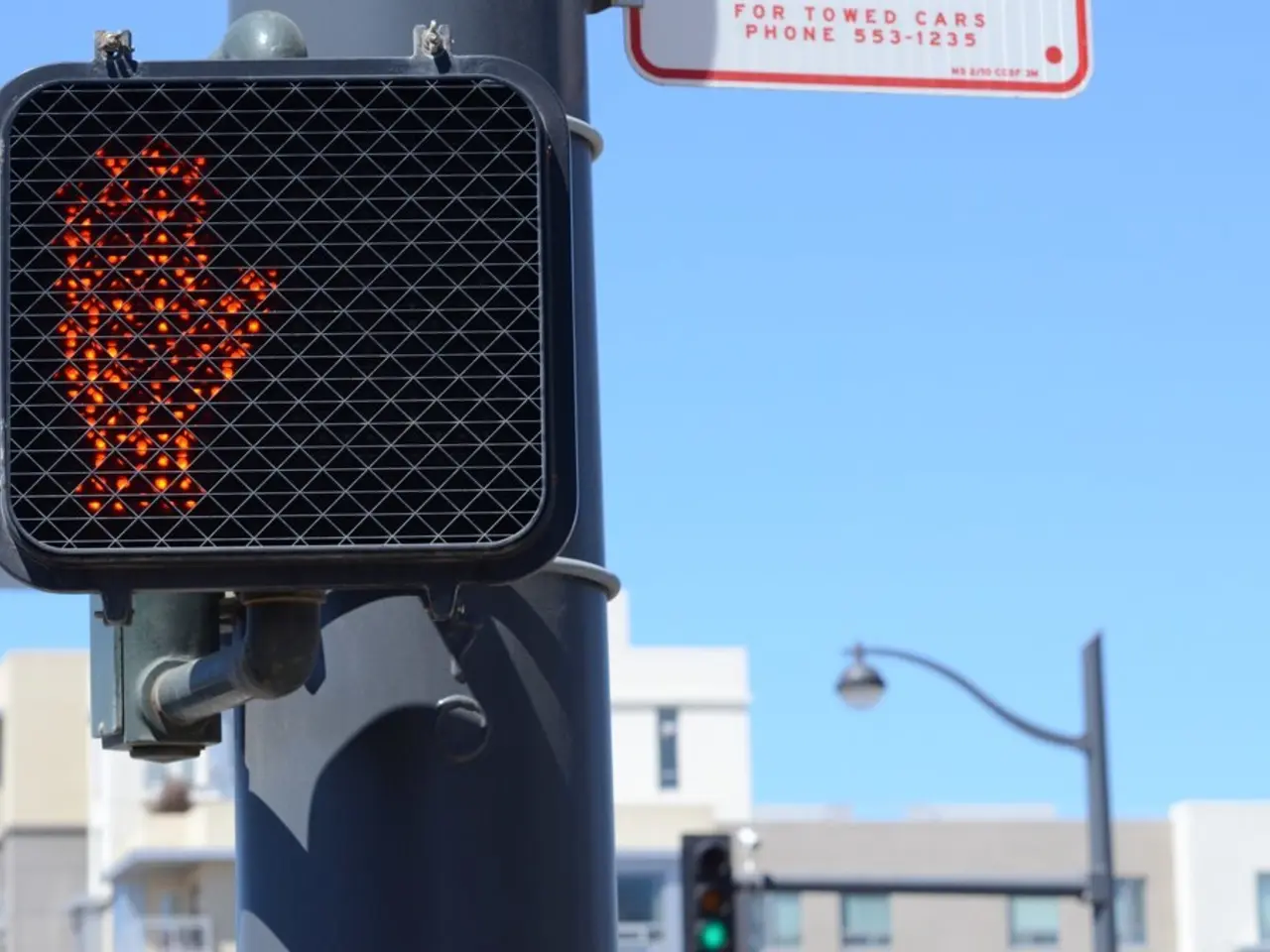Potential Adjustment in South Africa's Ownership Laws to Facilitate Starlink's Activation
South Africa is eagerly awaiting the potential entry of Elon Musk's Starlink into its telecommunications market. The satellite internet service, known for its promise of high-speed internet access to underserved areas, has been held back by regulatory hurdles tied to the country's Black Economic Empowerment (BEE) policies.
These policies, which require at least 30% local black ownership in telecom licenses, have posed a challenge for Starlink. However, the South African government has proposed a workaround, allowing satellite internet providers like Starlink to meet empowerment targets through "equity-equivalent" investments instead of direct ownership. This regulatory adjustment is viewed as a critical step towards enabling Starlink to apply for a license and operate legally in South Africa.
Despite this progress, challenges remain. The governing communications authority (ICASA) has noted that Starlink has not yet submitted a license application. Politically, opposition from groups such as the EFF threatens to block regulatory changes they perceive as undermining empowerment laws. Additionally, scientists involved with the SKA-Mid telescope project have raised concerns about potential radio-frequency interference from Starlink satellites, seeking strict conditions before license approval.
In the meantime, many South Africans have accessed Starlink's services unlawfully via roaming plans from neighbouring countries since 2022. Starlink began notifying South African users in June 2025 that some roaming services would be suspended, reflecting ongoing enforcement of licensing rules.
In a development that could potentially move the issue forward, a last-minute meeting between South African officials and Musk or his team is planned for Tuesday night. The meeting, reportedly within the context of President Ramaphosa's visit to Washington, is intended to discuss a path forward for Starlink's operation in South Africa.
President Cyril Ramaphosa is in Washington for meetings aimed at repairing U.S.-South Africa relations. However, it's important to note that the meeting between South African officials and Musk or his team is not confirmed to be part of any scheduled discussions aimed at repairing U.S.-South Africa relations.
Elon Musk previously claimed that Starlink was blocked in South Africa due to the BEE rules. However, government officials have disputed this characterization. If the proposed regulatory changes become law, they could resolve the main regulatory hurdle blocking Starlink’s local licensing, potentially allowing the service to expand officially and legally, especially to rural and underserved areas.
[1] Source: TechCentral (https://www.techcentral.co.za/starlink-south-africa-bbbee-rules-elon-musk-830013) [2] Source: MyBroadband (https://mybroadband.co.za/news/starlink-south-africa-bbbee-rules-elon-musk-830013/) [3] Source: BusinessTech (https://businesstech.co.za/news/tech/489374/starlink-south-africa-elon-musk-bbbee/) [4] Source: IOL (https://www.iol.co.za/business-report/technology/starlink-south-africa-elon-musk-bbbee-rules-489374)
- South Africa's business sector closely watches the impending meeting between South African officials and Elon Musk or his team, as it could potentially lead to changes in the black economic empowerment (BEE) policies that have long been a regulatory hurdle for Starlink's entry into the country's telecommunications market.
- In the realm of general news, the proposed equity-equivalent investments for Starlink to meet empowerment targets could mark a significant breakthrough in the finance and technology sectors, paving the way for high-speed internet access in underserved areas of South Africa, should the regulatory changes become law.




